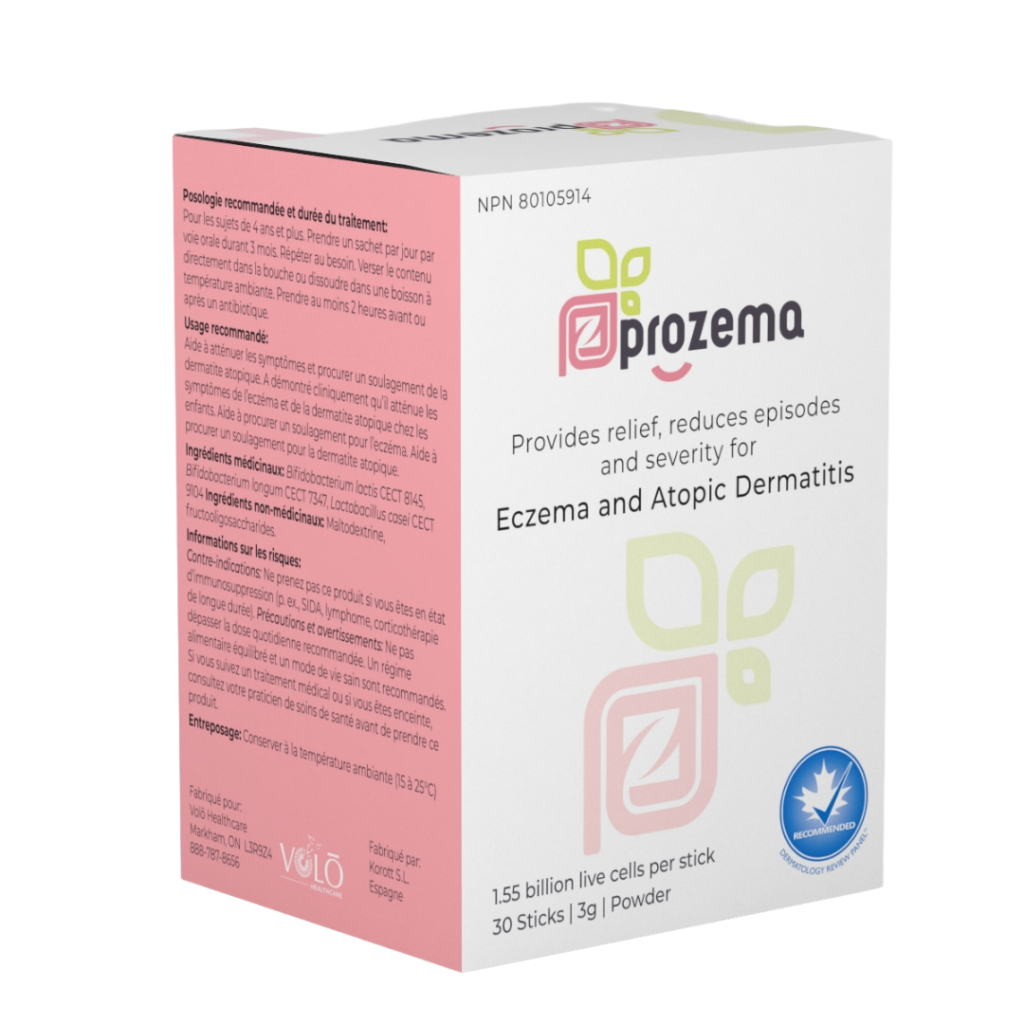
Microbiome Insights
Research | What Is A Microbiome | Gut Microbiome Insights | Skin Microbiome | Microbiome And Eczema | Conclusion
Microbiome Research
Insights into the microbiome have been the focus of researchers in recent years. By studying samples of soil, water, skin and other materials, scientists now have a deeper understanding of the role microbiomes play in our environment and even in our bodies. Clinical research and the resulting microbiome insights have resulted in natural therapies for gut health and skin conditions such as eczema and atopic dermatitis.

What Is A Microbiome?
A microbiome is an environment of microorganisms. These microorganisms are also called microbes.
Microbes include:
• Bacteria
• Viruses
• Fungi
• Parasites
There are different microbiomes that exist in different environments. You have a microbiome in your gut, on your skin, and all around your body. Some people may think that microbes are bad for you, but in many cases these microbes can actually help you.
Within your body there are both good bacteria and bad bacteria. The good bacteria helps to keep your bad bacteria in balance, and therefore, keeps you healthy. However, without any good bacteria, the bad bacteria would overrun your body and make you sick.
The microbiomes in your body have several functions. They boost your immune system, help break down toxins in your body, and can help make some vitamins too. Therefore, doctors may suggest taking probiotics to help increase the number of good bacteria in your body to improve your health.
Gut Microbiome
There are billions of microbes, especially bacteria, that live in your gut. Most of them are present in the cecum part of your large intestine. This is what is called the gut microbiome.
The gut microbiome is very important for your health, as imbalances in your gut microbiome can affect your skin through the gut-skin axis. It is important to have a large and diverse amount microbes in your gut to stay healthy.
Some of the ways your gut microbiome keeps you healthy are:
- Helps with your digestion, for example, by breaking down fiber
- Controls your immune system and helps it know how to respond to an infection
- Fights off the bad bacteria that it might encounter to prevent you from having infections like C. difficile that can cause diarrhea
It’s not just the digestive and immune system that relies on a healthy gut. The gut microbiome can also affect your central nervous system and the way your brain works. If there is an issue with your gut microbiome, it may affect your weight and can cause weight gain for instance. Without a healthy gut microbiome, you may also have diseases like inflammatory bowel disease or irritable bowel syndrome.
The gut microbiome isn’t just important for your gut health, it plays an important role in your overall health.
You can try to improve your gut microbiome and keep it healthy. A few ways to do this are:
- Take probiotics
- Eat a variety of different foods including fruits and vegetables
- Eat fiber-rich foods
- Only take antibiotics if you really need it
Skin Microbiome
Your body also has billions of microbes, especially bacteria, that live on your skin. Most of the microbes you find on your skin help you or are harmless. The microbes, especially bacteria, on your skin are very diverse.
The microbiome on your skin can be affected by many factors:
- Age
- Gender
- Genetics
- Method of birth delivery
- Hormones
- Products used
- Temperature of environment
- UV exposure
- Geography
Not having a diverse and abundant skin microbiome can negatively affect your health. The skin microbiome helps fight off infection and prevents it from entering your body. In addition, it also affects the way your immune system functions, through the gut-skin axis mentioned earlier. When you don’t have a healthy and diverse skin microbiome, you may be more prone to infections or skin conditions such as eczema.
Microbiome And Eczema

The skin microbiome is a crucial element in keeping your skin healthy. Studies have shown that when the skin microbiome, and therefore the immune system, are dysregulated, you can get skin conditions like atopic dermatitis (eczema). Eczema is a skin condition where inflammation of your skin causes it to be itchy, red, and dry. Consequently, an eczema flare-up often affects your quality of life.
Insights into microbiomes, particularly those in your gut, have led the way to innovative therapies for gut and skin health. One such therapy is a patented blend of probiotic strains proven to reduce the symptoms of eczema and atopic dermatitis. This blend, known as ProZema Probiotic, features the following probiotic strains:
- Bifidobacterium lactis CECT 8145,
- Bifidobacterium longum CECT 7347, and
- Lactobacillus casei CECT 9104
ProZema Probiotic is clinically proven to reduce the symptoms of eczema within 12 weeks.
Conclusion
It is becoming increasingly clear that the microbiomes in your body and environment are important for your health. As a result, microbiome insights and analyses are often included in different clinical studies. Balancing your microbiome, through foods or probiotics, can lead to improvements in specific conditions and your overall health.
References:
Microbiome Insights: About Us
Harvard T. H. Chan School Of Public Health: The Microbiome
Healthline: Why the Gut Microbiome Is Crucial For Your Health
National Library of Medicine: The Skin Microbiome
Queensland Health: Eczema And Your Skin Microbiome—How Are They Related?
